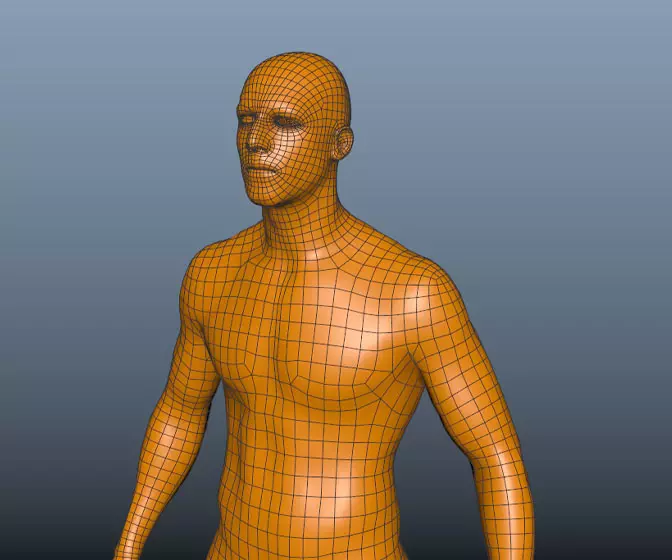Complex UV Layout in Maya
Over the last couple of years UV layout in Maya has changed for the better. In this course we're going to be taking a look at some of those changes as we UV map an entire character
#
1
21-07-2013
, 04:37 AM
Registered User
Join Date: Aug 2012
Join Date: Aug 2012
Posts: 22
AO pass returns strange results - Advice Needed
So I'm trying to create an Ambient Occlusion render pass for a big, funnel/whirlpool shaped smooth mesh and sphere (first pic), as viewed from a moving camera. I followed this basic tutorial from the web, and I get strange results (second pic). This is the result after I crank up the spread in the mib_amb_occlusion to 50 instead of the default .08 (which just produced whiteness).
Now, I have to mention that my scene objects are really massive; the distance from the camera to the most distant surface point was measured as something slightly over 1 million (default maya units). In my attempts to make this scene "feel" larger, I've been upscaling things quite a bit, testing things...and I think this might have something to do with it. I've been changing attributes exponentially in attempts to see results...but this render result is baffling me.
I tried creating a fresh scene, and making some simple geometric shapes to test the procedure. It worked just like it said it would. As troubleshooting goes, I then determine it's due to variables in the scene with the whirlpool.
I'm running Maya 2013 as well...any thoughts on what these renders indicate?
EDIT: here's also a wireframe>render comparison of the model up close, as opposed to the first set (pics 3 and 4). The result doesn't change with camera distance.
Last edited by scentmental; 21-07-2013 at 06:38 AM.
#
2
22-07-2013
, 07:42 AM
Registered User
Join Date: Aug 2012
Join Date: Aug 2012
Posts: 22
...but problem solved, anyway.
Posting Rules Forum Rules
Similar Threads
some advice on bendy holes needed!
by nickynacky in forum Maya Modeling replies 3 on 17-10-2015
Advice needed: animate NURBS fails
by Antag in forum Maya Basics & Newbie Lounge replies 0 on 05-06-2007
notebook advice needed
by hoefie in forum Maya Technical Issues replies 0 on 02-06-2005
Strange shading - help needed
by uberstonks in forum Work In Progress replies 5 on 10-01-2005
Advice Needed: Salary Help needed for 3D Modeling Job Interview
by djdiesel34 in forum Maya Basics & Newbie Lounge replies 5 on 21-08-2004
Topics
Free Courses
Full Courses
VFX News
How computer animation was used 30 years ago to make a Roger Rabbit short
On 2022-07-18 14:30:13
Sneak peek at Houdini 19.5
On 2022-07-18 14:17:59
VFX Breakdown The Man Who Fell To Earth
On 2022-07-15 13:14:36
Resident Evil - Teaser Trailer
On 2022-05-13 13:52:25
New cloud modeling nodes for Bifrost
On 2022-05-02 20:24:13
MPC Showreel 2022
On 2022-04-13 16:02:13







